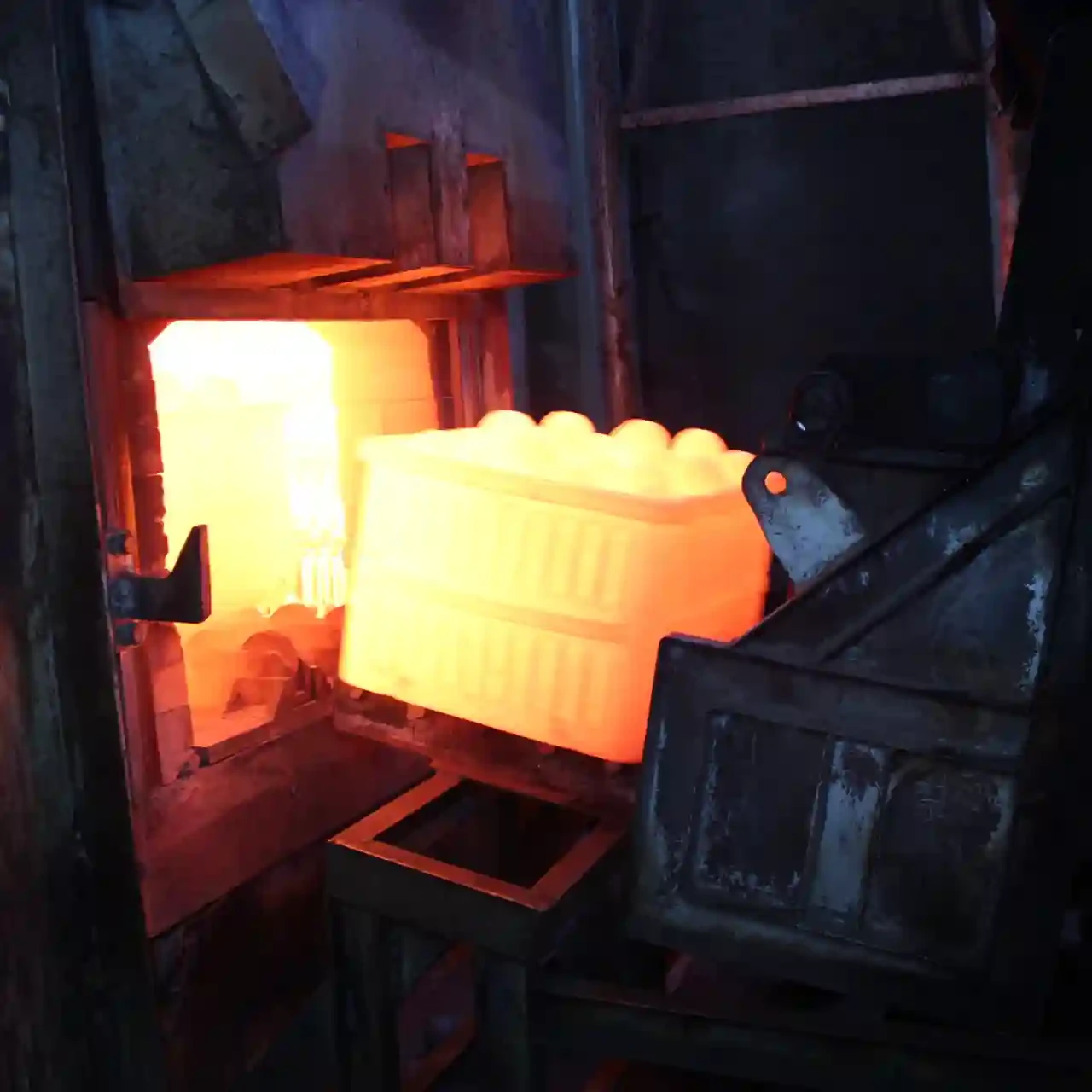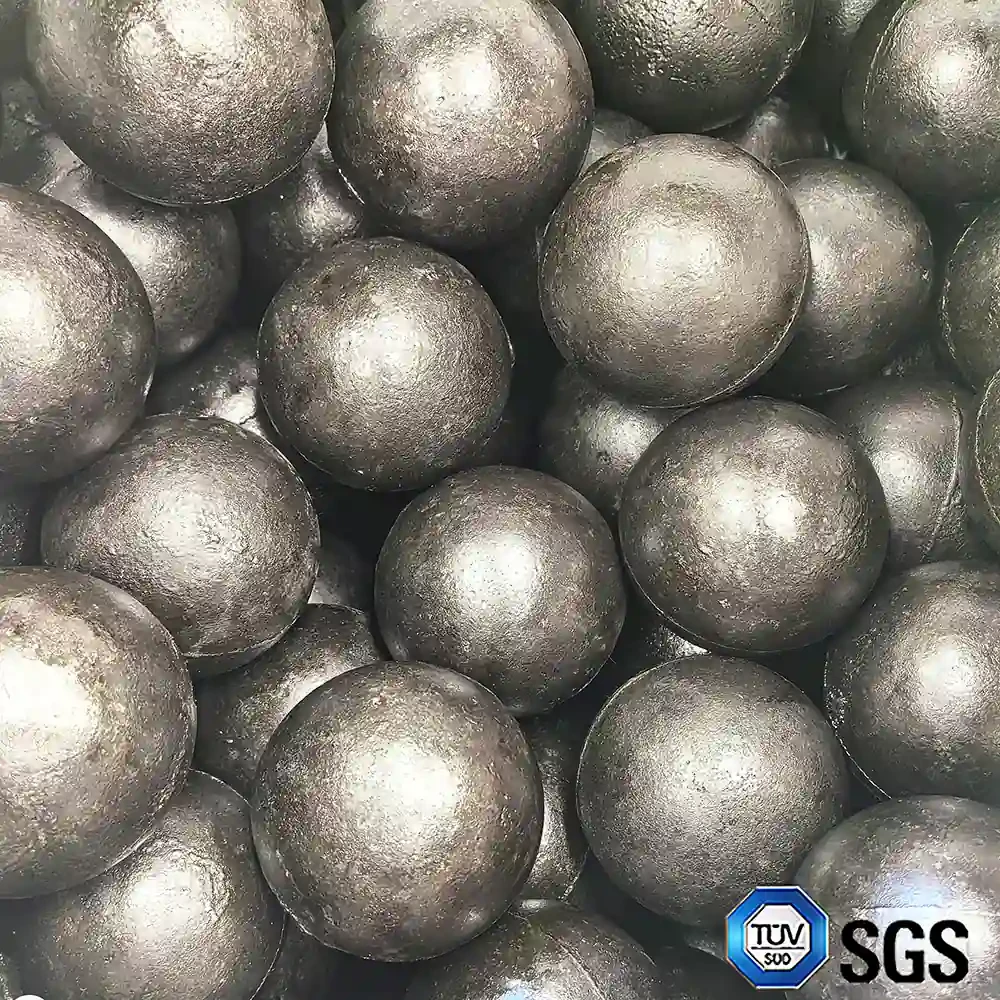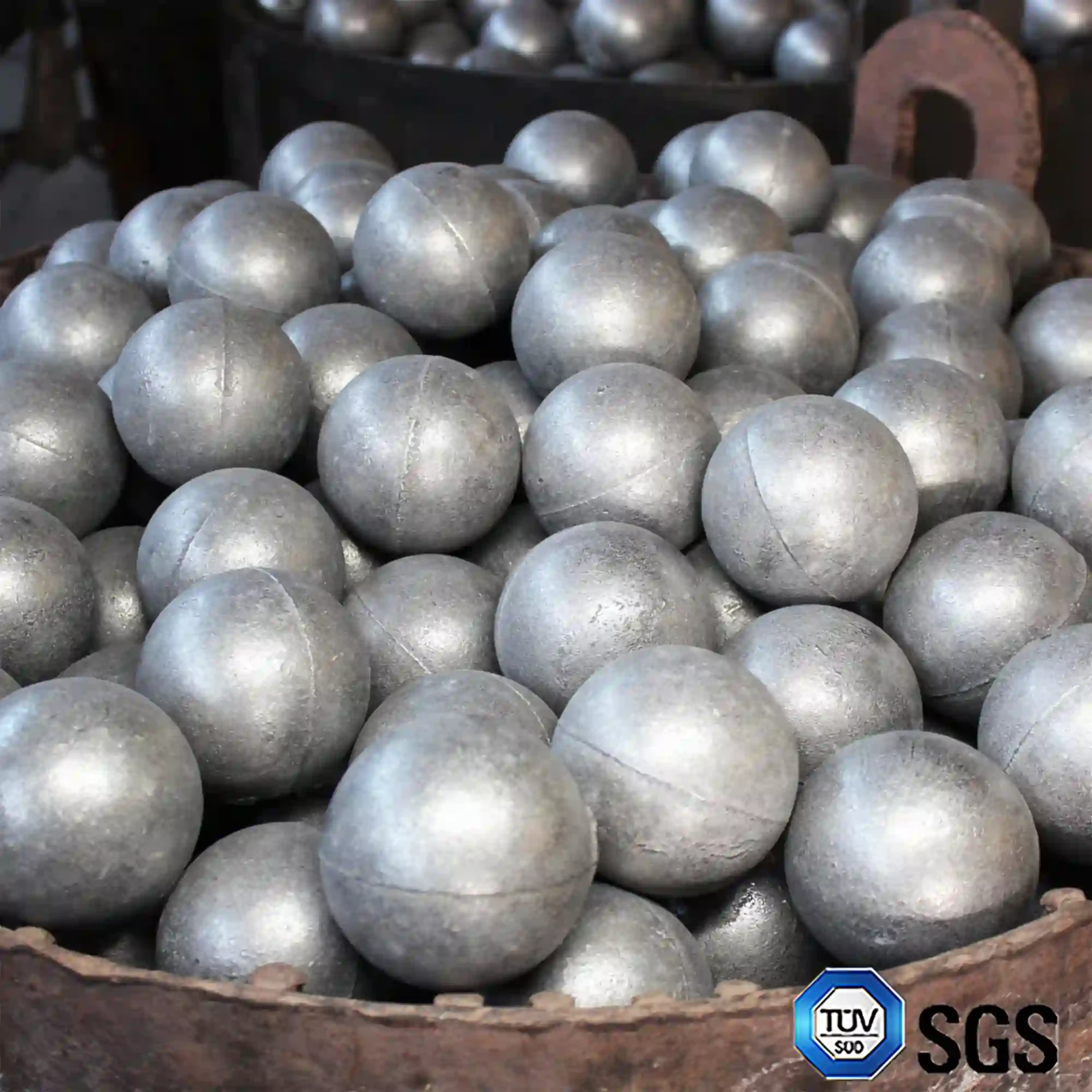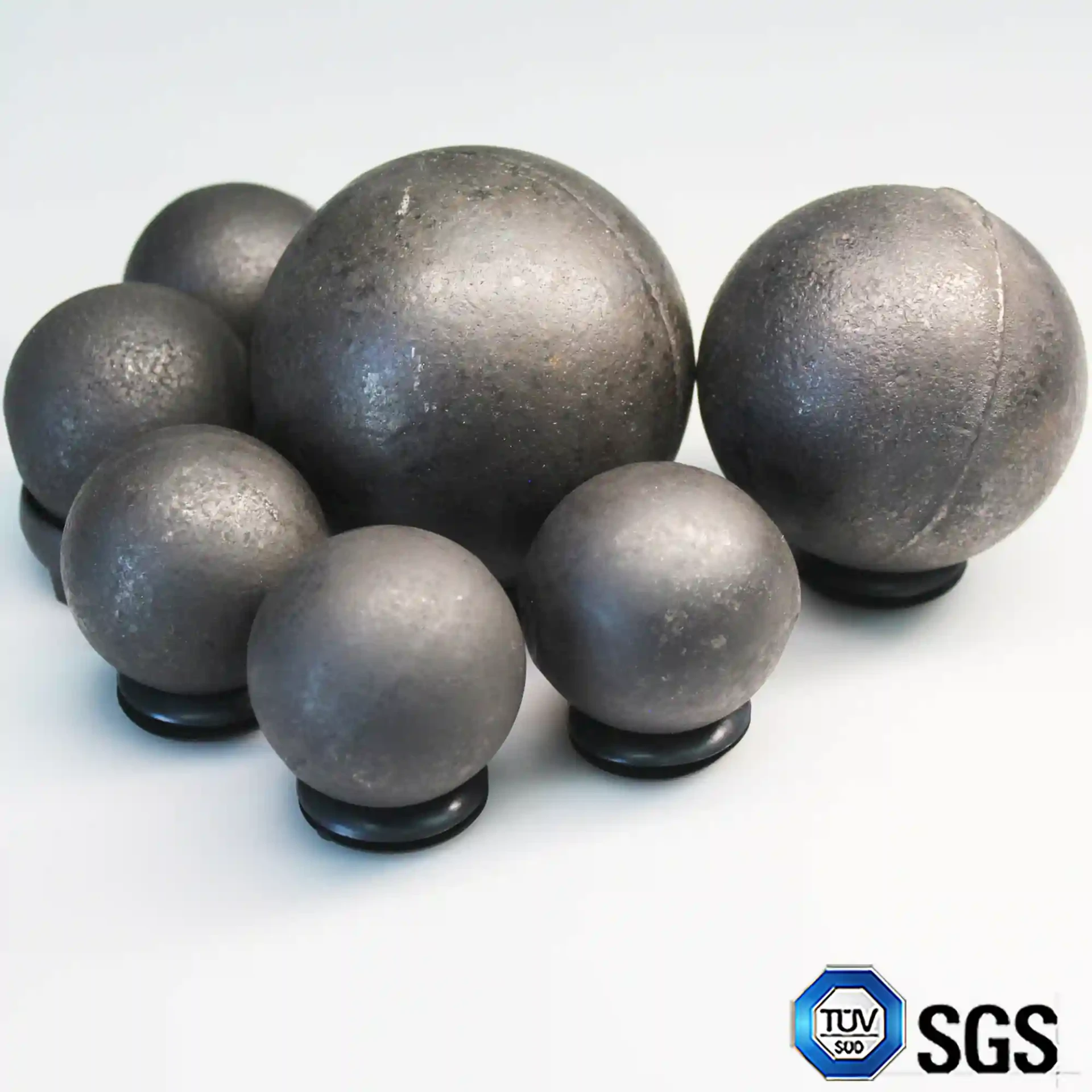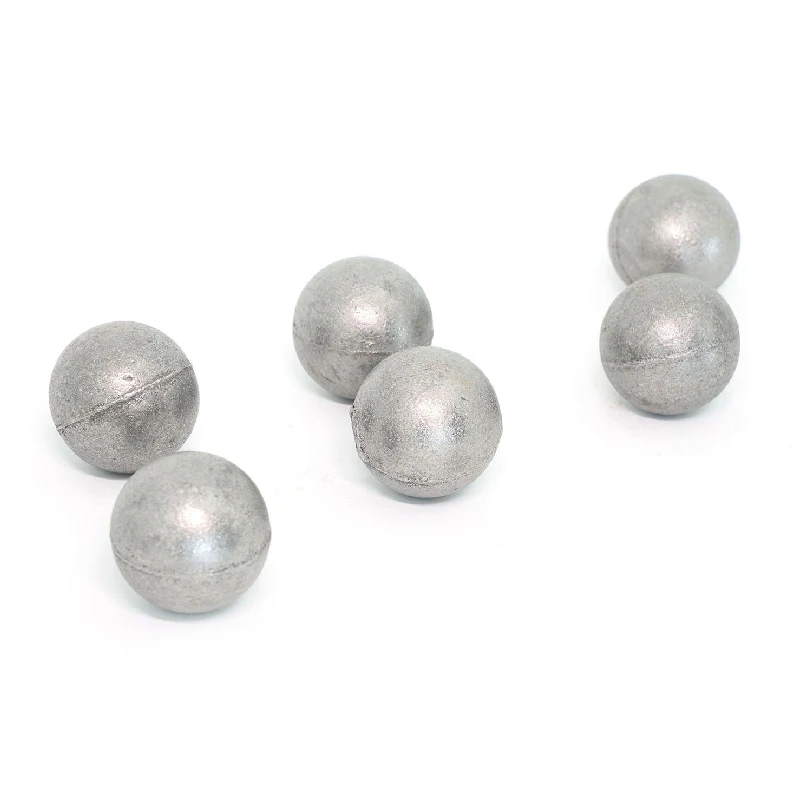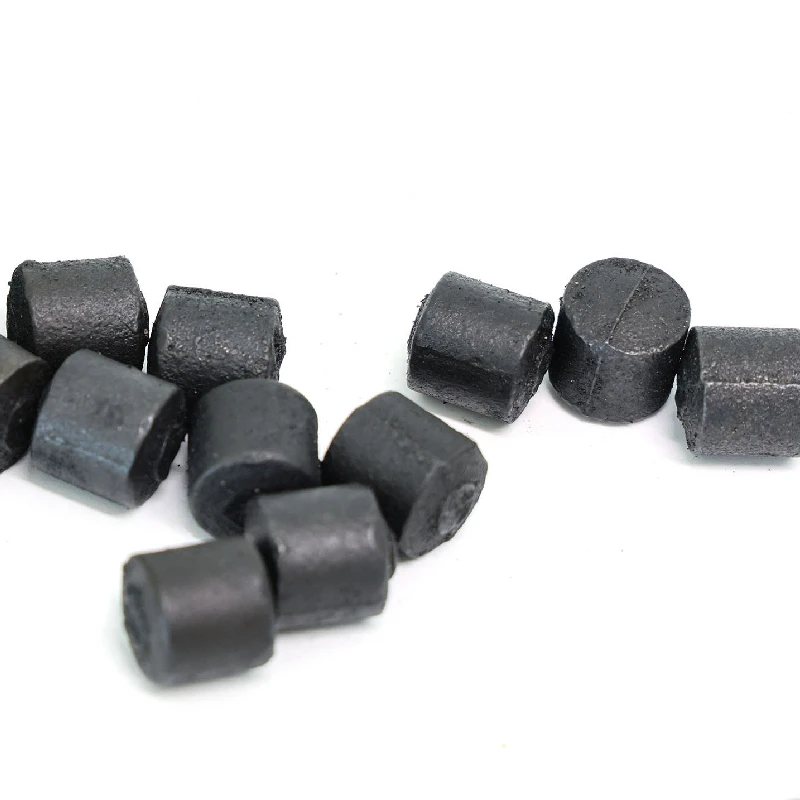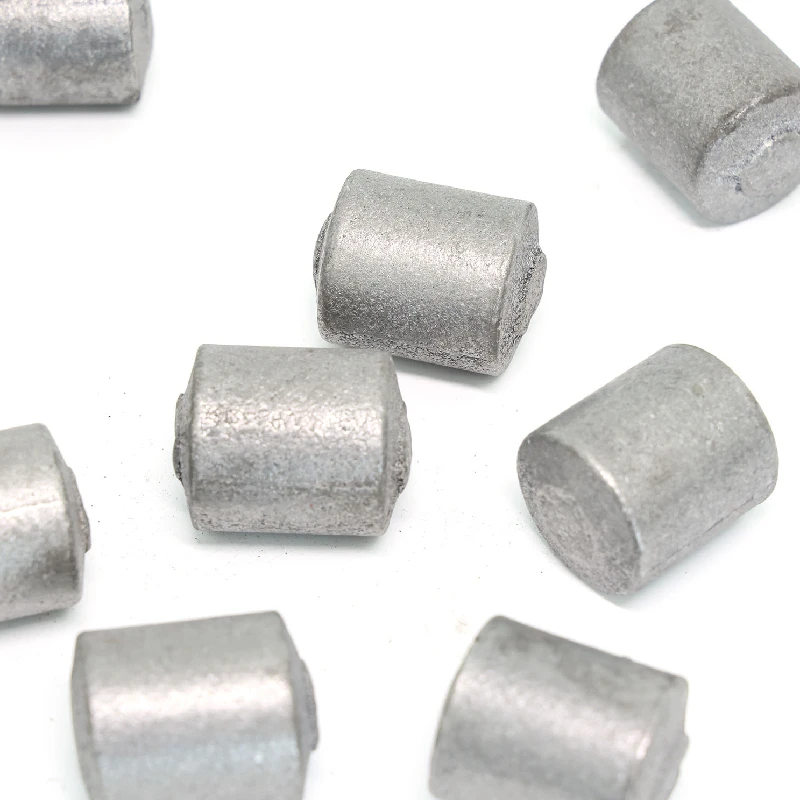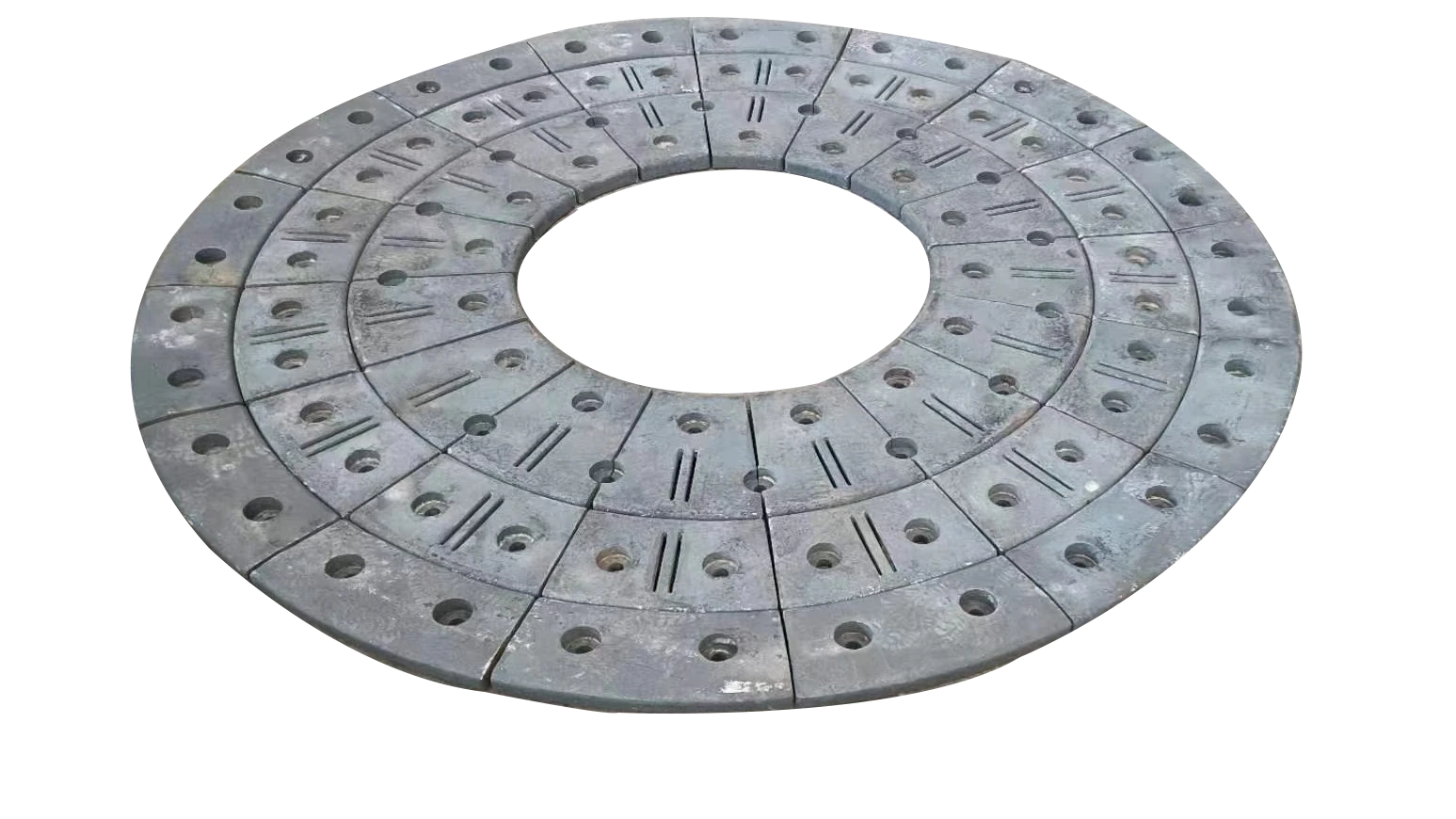Jul . 29, 2025 12:40 Back to list
High Quality Ball Mill Balls for Sale – Durable Grinding Solutions
The ball mill balls for sale industry has witnessed robust growth, primarily driven by the increased demand in mining, cement, metallurgy, and chemical sectors. According to Grand View Research, the grinding media market size exceeded USD 8.9 billion in 2023 and is projected to register a CAGR of 4.7% through 2030. Major factors contributing to this surge include rapid industrialization, greenfield plant investments, and continuous R&D in wear-resistant alloy materials.
- Asia-Pacific region led global consumption (53%), with China, India, and Southeast Asia being pivotal markets.
- Top-end grinding balls are seeing an industry shift towards high chromium and specialized alloy cast iron for wear and corrosion resistance.
- Energy saving, longer service life, and enhanced reliability are the dominant product development trends.
- Leading certifications: ISO 9001:2015, ANSI/ASTM A532-93a, and EN 13877-3:2010 for cement and metallurgical industries.
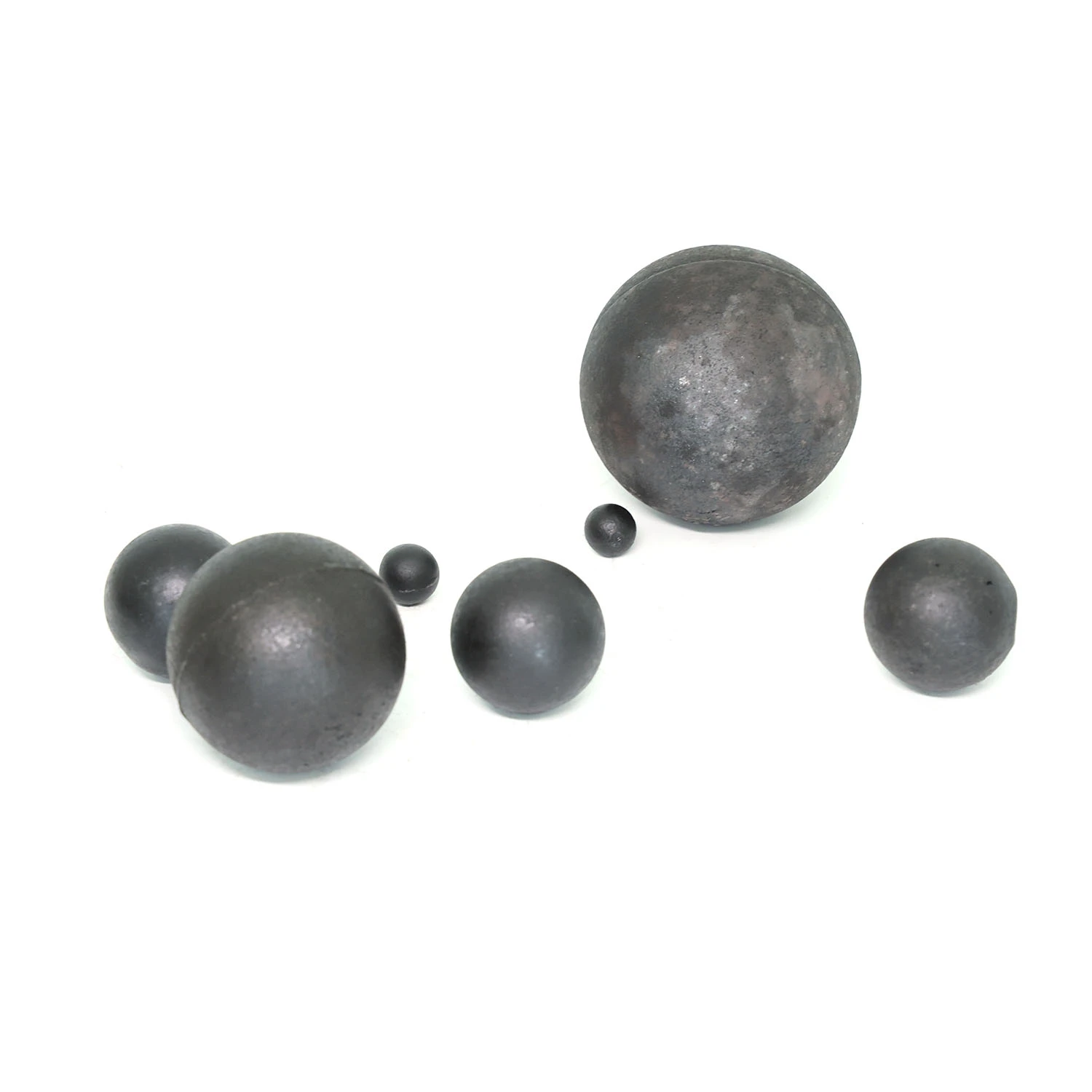
Below is a comparison table covering key parameters of ball mill balls for sale frequently inquired by international buyers, including common materials, diameters, hardness, and typical applications.
| Product Type | Main Material | Diameter (mm) | Hardness (HRC) | Density (g/cm³) | Typical Application |
|---|---|---|---|---|---|
| Cast Iron Grinding Ball | High Chromium Alloy | 15-150 | ≥ 60 | 7.6 | Cement, Mining, Power Plant |
| Forged Steel Ball | High Carbon Steel | 20-125 | 55-65 | 7.8 | Mining, Thermal Power |
| Ceramic Ball | Alumina | 5-50 | 75-85 | 3.6 | Chemical, Non-ferrous Mining |
| Stainless Steel Ball | SS304/316 | 5-80 | 55-60 | 7.7 | Food, Pharmaceuticals |
ball mill balls for sale made of high chromium alloy cast iron have established themselves as the industry benchmark in the field of high-impact, wear-resistant ball mill balls. Engineered following the strictest process protocols and cutting-edge technology, this product offers advantages that elevate plant uptime, reduce operational costs, and enhance grinding efficiency for cement ball mill, mining, and power plant applications.
- Material Grade: Cr: 18-28%, C: 2.2-3.0%, Mo, Ni reinforced
- Surface Hardness: HRC 60-65 (tested per ASTM E18)
- Impact Toughness: ≥ 19 J/cm² (room temperature)
- Core Toughness: ≥ 12 J/cm²
- Wear Loss Rate: ≤ 0.1g/ton (in mining mill balls for sale performance testing 2022, see MDPI Metals)
- Applicable Standards: ISO 9001:2015, ANSI/ASTM A532-93a, SGS certified
- Guaranteed Service Life: 1.5 - 2.5 times longer than standard forged balls (up to 16,000 hours in normal use)
- Finished Mass Tolerance: ±2.5%
These grinding balls are specially designed for critical processes in cement ball mill, mineral processing, and coal-fired power generation. Tailored chemical composition and advanced casting ensure both external anti-wear performance and core impact resilience.

- Raw Material Selection: Premium quality ferrochrome, steel scrap, alloying elements sourced from certified vendors.
- Smelting & Alloying: Electric arc furnace operated at 1500-1550°C, advanced degassing for purity.
- Sand Molding & Pouring: Automated centrifugal casting lines for uniform microstructure.
- Heat Treatment: Multi-stage tempering at 500-600°C improves toughness, relieves residual stress.
- CNC Machining: Ensures dimensional accuracy and optimal surface finish (Ra ≤ 0.8μm).
- NDT: Ultrasonic & magnetic particle inspection per ISO/TC 17/SC 17.
- Final Checks: Each grinding ball batch validated for hardness, impact toughness, and roundness.
| Brand | Material | Hardness (HRC) | Wear Loss (g/t) | Life Span (h) | Standard | Application |
|---|---|---|---|---|---|---|
| Chengda – Mine Special | Hi-Cr Cast Iron | 60-65 | <0.1 | 12,000-16,000 | ISO/ASTM/SGS | Cement, Mining |
| Magotteaux | Hi-Chrome | 58-64 | 0.25-0.29 | 7,000-10,000 | ASTM | Cement, Mining |
| Scaw Metals | Forged Steel | 55-62 | 0.3-0.35 | 5,000-7,200 | EN/ISO | Mining |
| Goldpro | Medium-Chrome Alloy | 56-60 | 0.15-0.21 | 8,000-11,000 | ISO/SGS | Cement |
- Superior Alloy Composition: High chromium and multi-alloying (Mo, Ni reinforced) results in an ultra-refined martensitic matrix, maximizing both surface hardness and core integrity.
- Precise Heat Treatment: Computer-controlled quenching and tempering eliminates internal cracks, prevents shell-core separation, and ensures uniform performance throughout the ball's life.
- Corrosion & Impact Resistance: Customized anti-corrosion coating and fine-tuned carbon addition enables extended life in highly alkaline or corrosive mill environments.
- Energy Reduction: Lower wear means reduced ball consumption rates. Energy savings of 8-12% observed in modern high-throughput cement ball mills (ScienceDirect 2023).
- Versatile Application: Ideal for closed-circuit cement grinding, OPP (ore processing plants), gold/iron/copper mines, power plant desulfurization systems, and even sand crushing mills.

- Type of Plant: 3,800 TPD cement clinker production line
- Installation: 540 tons of 70mm, 90mm, 110mm ball mill balls batch
- Performance: Over 28 months of continuous operation. Average wear loss: 0.094 g/t clinker (site test report).
- Energy Savings: Reduced power consumption by 10.2% per ton cement (compared to previous forged steel solution)
- Customer Feedback: "Mill downtime due to wear reduced significantly. Chengda's technical support is rapid and professional." — Lafarge Vietnam, Maintenance Dept.
From final approval, 18–25 working days per 2000 ton batch.
18+ months performance guarantee with signed technical support & return policy.
24/7 on-site/remote support, technical troubleshooting, usage optimization, and replacement within 48h for quality failure.
- Direct-from-Manufacturer Advantage: Decades of OEM/ODM experience, exporting to 40+ countries, with annual 180,000 tons production.
- References: Users include LafargeHolcim, Vietnam Cement, Newmont Gold, and state-run power plants across APAC, Africa, CIS.
- Certifications & Testing: ISO 9001, SGS, and third-party lab test reports (full batch traceability).
- Environmental Compliance: All processes conform to EU RoHS/REACH and local EIA policies.
- Full Lifecycle Support: Onsite installation, load design, trial test, adjustment, and lifecycle management.

For custom specifications, technical consultancy or quotations on ball mill balls for sale, please visit our product page or directly submit an RFQ. Fast sampling and lab testing available on request for new customers.
Get Live Pricing
Multi-location stockyards across Asia/Africa/EU for shortest delivery path.
Industry experts (10+ years application experience) ready for project review.
- Grand View Research: Grinding Media Market Analysis 2023–2030
- MDPI Metals: Influence of Alloying Elements on Ball Mill Grinding Balls
- ScienceDirect: Ball Mill Ball Wear Analysis in Cement Grinding Lines
- Portland Cement Association Industry Insights
- Bulk Online Forum: Milling & Grinding Engineering Discussions
-
Expert Insights on Fabrica de Molinos de Bolas: Industry Trends & Global Applications
NewsNov.24,2025
-
Expert Insights on Fabricantes de Bolas de Molienda de Acero: Global Applications & Trends
NewsNov.23,2025
-
Leading Fabricantes de Bolas de Molienda: Your Ultimate Guide to Grinding Balls
NewsNov.23,2025
-
Fabricante de Bolas de Molienda – Quality Grinding Balls for Efficient Industry
NewsNov.23,2025
-
Trusted Proveedores de Medios de Molienda for Efficient Industrial Grinding
NewsNov.22,2025
-
Proveedores de Bolas de Molienda: Your Guide to Top Grinding Ball Suppliers & Industry Insights
NewsNov.22,2025
Realted Products


